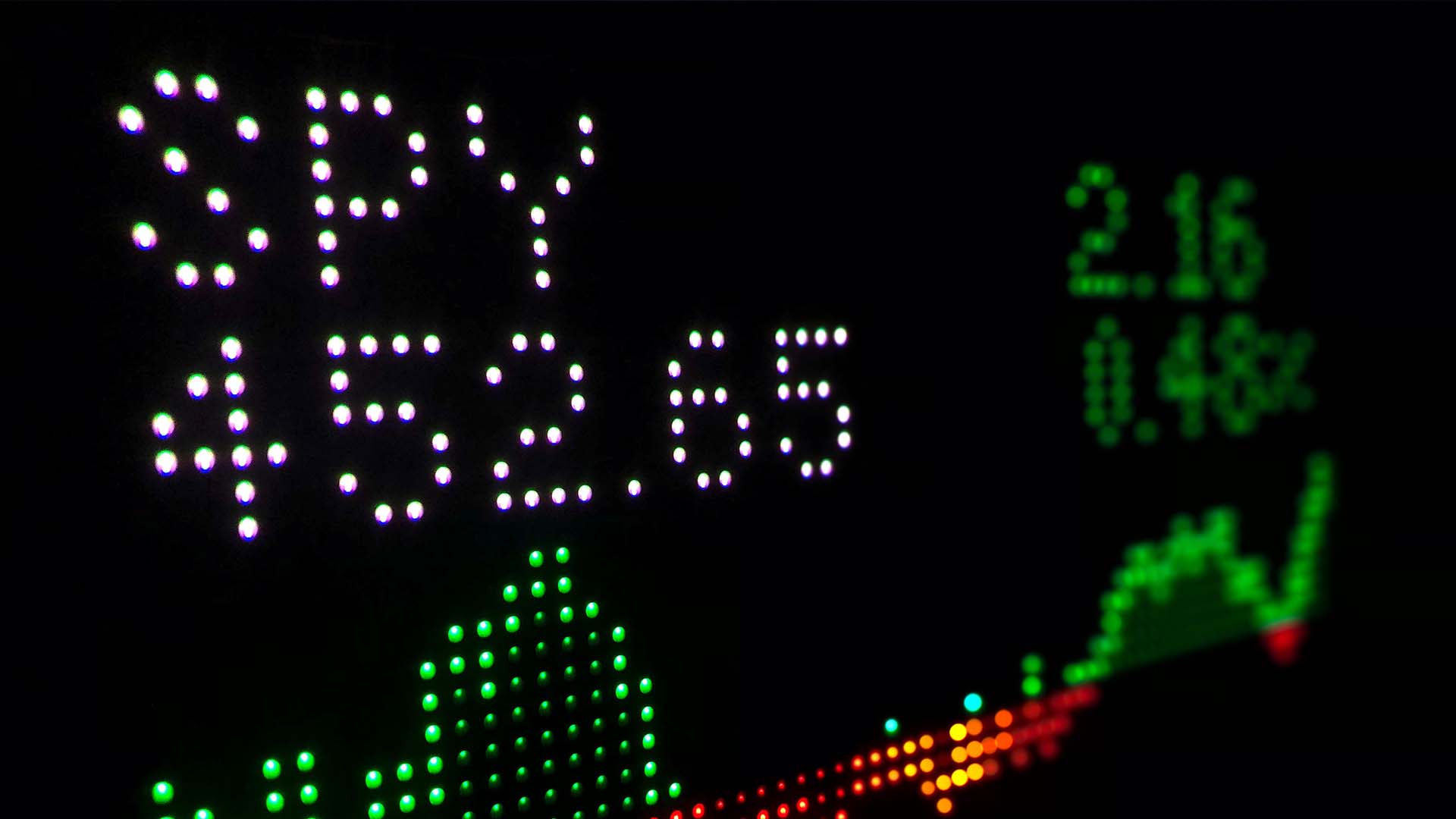A derivative in the context of finance is a contract whose value is dependent on another underlying asset. That asset could be a commodity, a stock, a mortgage, real estate, interest rates, exchange rates or a stock market index. Futures, options, swaps and forward contracts are the primary classifications. Most derivatives are listed on an exchange, however after Y2K, many financial institutions structured complex derivative products and traded them over-the-counter. These contracts were off-balance-sheet items and they led to the credit crisis of 2008. Collateralized debt obligations (CDO) and credit default swaps (CDS) were a new income generating product for investment bankers and they were created in a reckless manner. By the end of 2006, the global CDO market was estimated at $2 trillion. Credit rating agencies lacked the resources to monitor them and the mark to market models fail to properly price them. This started the entire liquidity crunch because financial institutions were laden with these complex products and there was not a secondary market to unload them.
In the context of OneOption, LLC, derivatives will simply be used as another word for index or stock options. Options are a derivative of the underlying stock or index, which means an option’s price is derived from the value of the underlying asset. Option pricing models help us predict how the option will move relative to the underlying stock. Derivatives (options) are often used to reduce risk of the underlying stock changing its value unexpectedly. They are also used for speculation. The value of a derivative is determined by the market, which reflects the price a trader is willing to sell or buy the option contract. Stock and index options are traded on exchanges and cleared through the Options Clearing Corporation (OCC). The options industry is regulated by the SEC (Securities Exchange Commission).









